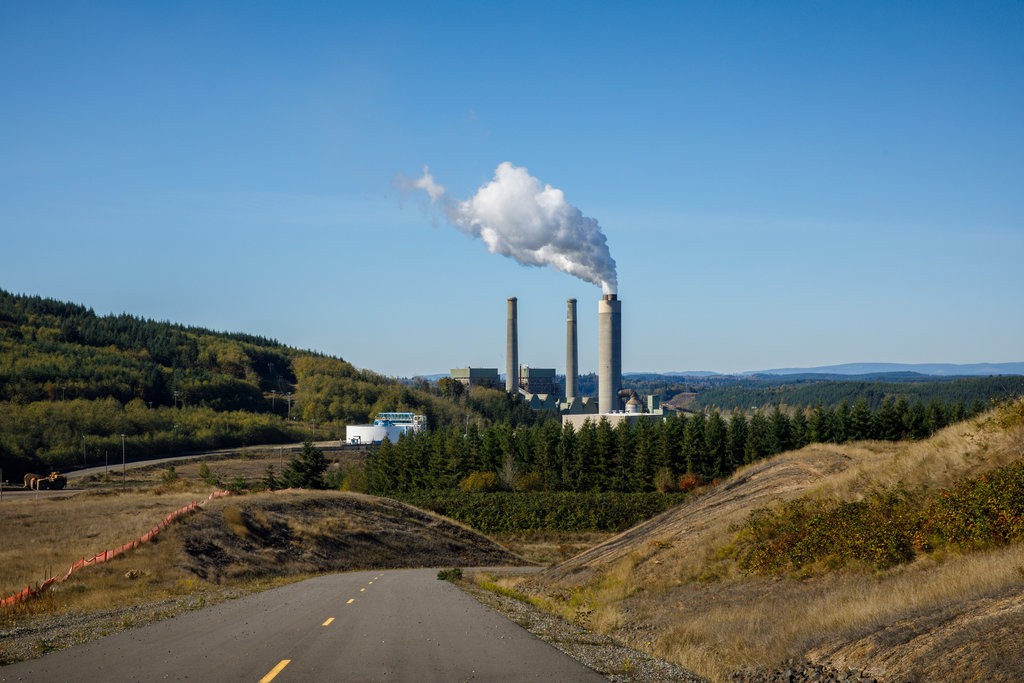Proponents say Washington State is a good place to try out carbon reduction ideas because it has abundant hydropower and a waning reliance on fossil fuels. The coal-fired power plant near Centralia, Wash., is scheduled to start shutting down in the next few years.
Thing about these initiatives is that they are rooted in the idea of big coal funding worthwhile projects towards conservation and other programs that are designed to bring money back to the states and communities they serve.
Naysayers don’t get this because of mistrust of government spending. Call it a tax. Call it a fee. The concept is the same. It’s smart and makes sense. There’s lots of money out there to be had from the coffers of these big company fat cat polluters who have sucked this country dry and lied and exploited people and this planet long enough.
Voters and residents in these states need to understand that sometimes a smaller sacrifice can yield much higher benefits for all. If not right away, then often in the nearer future.
The lack of true education of issues with voters in this country is a critical reason smart legislation often doesn’t get done. It’s not just politics. It’s about intelligence.
By Kirk Johnson, NYTimes
CENTRALIA, Wash. — The last coal mine in Washington State closed down about a decade ago in Centralia, about 65 miles south of Seattle, leaving scars on the land and the local economy. Now, a solar electricity project — perhaps the largest in the state — is planned for the same location, by the same company that once ran the mine.
Bob Guenther sees that as a sign that the struggling stretch of Washington State where he has lived most of his life can find a new way forward.
“That’s the vision, a clean energy hub,” said Mr. Guenther, 74, who worked for three decades at a coal-fired power plant in Centralia that is scheduled to start shutting down in a few years. “It’s time for a new economy, and we’re going to have to pull ourselves up by our bootstraps and do everything we can to get it.”
One piece of that transformation, Mr. Guenther said, will be decided on Election Day by people across the state, who will vote on whether to charge companies and utilities for their carbon emissions. The proposed carbon fees, aimed at curbing climate change by making the burning of fossil fuels more expensive, would be the first such state initiative in the nation, and other states are closely watching the election outcome.

